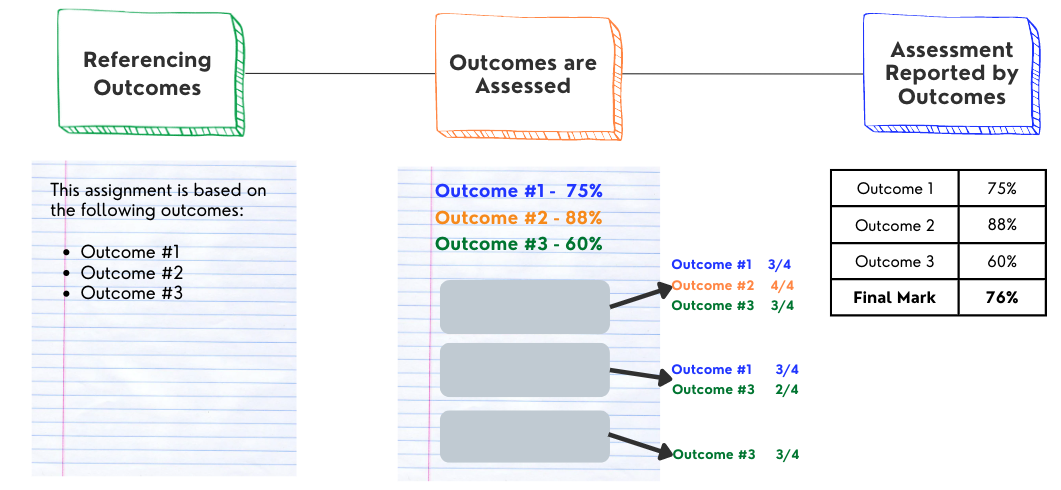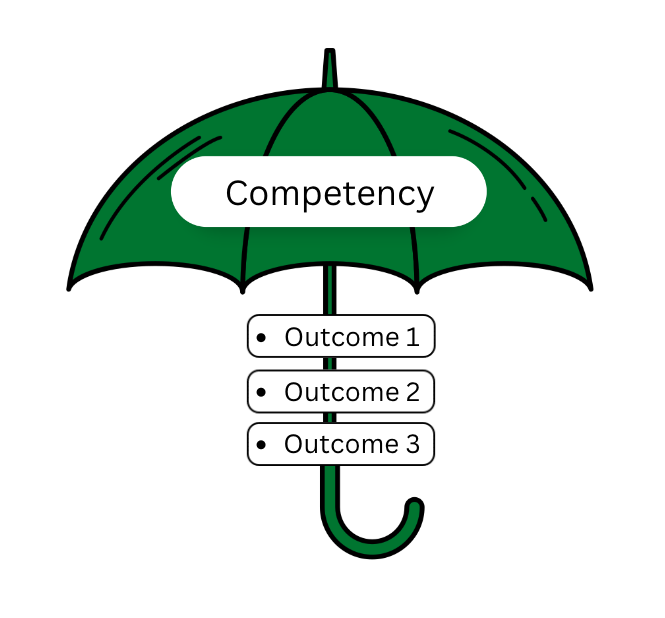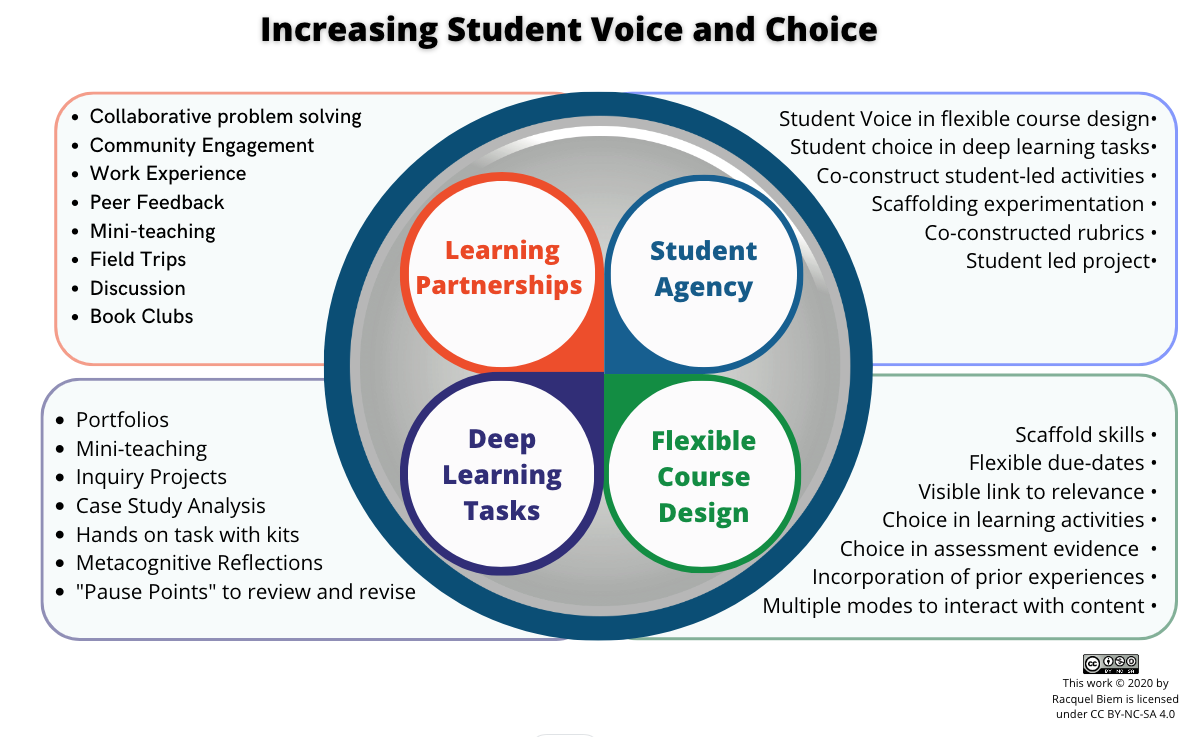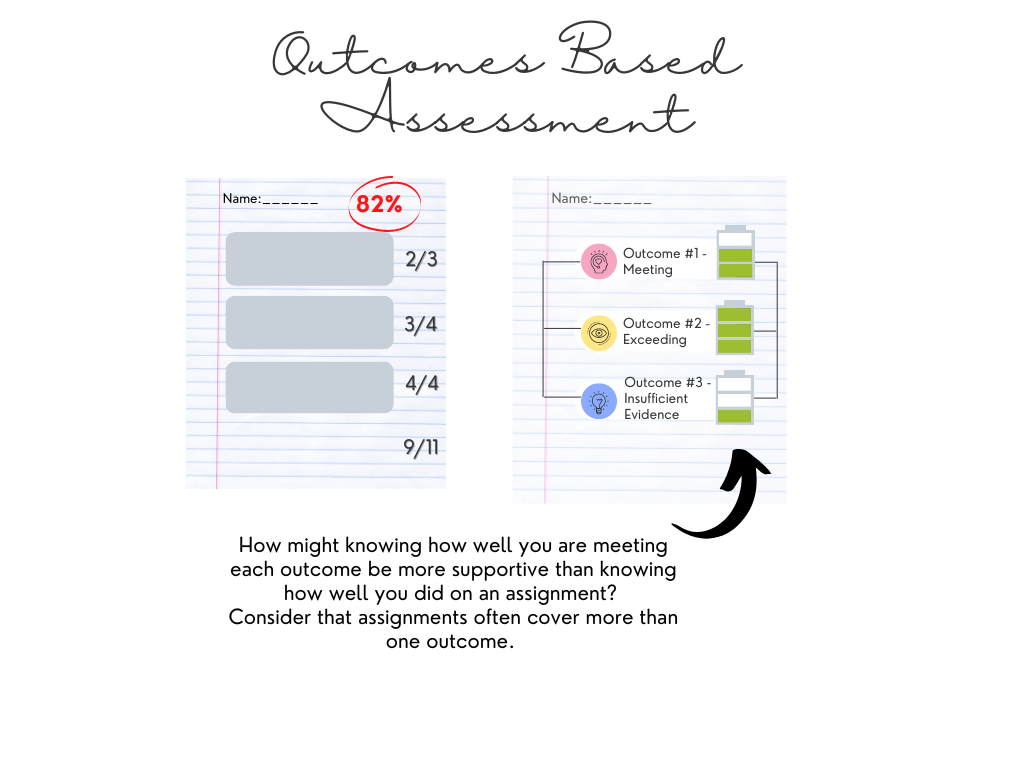Educational Theory
- Curriculum Development, Educational Theory, Experiential Learning, Instructional / Course Design, Instructional Strategies, Uncategorized, Wellness
From Stuck to Supercharged: The What and Why of Brain Plasticity
Your Brain on Teaching and Learning: Series One What is Brain Plasticity? Brain plasticity is the brain’s ability to reorganize and restructure itself throughout a person’s lifetime. It is a result of the brain’s ability to form new neural connections and strengthen existing ones based on the activities we engage in and the information we process. Factors such as learning, exercise, diet, and environmental stimuli can all influence brain plasticity. Recent research has shown that educators who understand the basics of brain plasticity can design courses that promote and accelerate learning and retention. Why is Brain Plasticity Important? Brain plasticity offers several benefits in the field of education, including: Improving…
- Curriculum Development, Educational Theory, Experiential Learning, General, Instructional / Course Design, Instructional Strategies, Wellness
Your Brain on Experiential Learning
“Is disengaged.” “Is easily distracted.” “Shows no interest.” “Never shows up.” No professor wants to use these phrases to describe their students, but disengagement is a persistent problem — making descriptions such as these all too common today. Experiential Learning can help. Experiential learning is a powerful educational approach that helps students remain focused as it promotes active learning, fosters creativity and innovation, and prepares students for the real world. Let me explain: Experiential learning engages multiple parts of the brain simultaneously When learners participate and apply their learning in authentic contexts, it activates different areas of the brain responsible for sensory processing, motor skills, and cognitive functions, such as…
-
An Outcomes-Based Practice Continuum
Previous Educatus blog posts have discussed outcomes-based assessment and grading outcomes versus grading assignments. This post will discuss a continuum of outcomes-based practices including referencing outcomes, assessing outcomes, and reporting student achievement on outcomes. Referencing Outcomes Referencing outcomes is a beginning outcomes-based practice. Outcomes are referenced within each assignment, often with the instruction section. Here, the instructor has created the assignment with the outcomes in mind and makes this visible. However, outcomes are not assessed separately, and assignments are given a ‘blanket score’ for multiple learning outcomes. Gradebook reporting is done by assignment. Assessing Outcomes within Assignments The next stage occurs when the outcomes within assignments are assessed. This stage provides valuable…
-
Defining Competencies and Outcomes
by Racquel Biem Defining Competencies and Outcomes Although there is no widely accepted distinction between a competency and an outcome, there is sufficient commonality for the following working definition to be used to improve the structure and clarity of courses and programs. A competency is an overarching capability the learner can do. Examples include critical thinking, problem solving, effective communication, design functions, or physical performative skills. Since a competency is generally too complex to measure on its own, it must be broken down into its core, and often interconnected, measurable outcomes (sometimes called objectives). Learning outcomes, then, are the core measurable components that together make up the competency. A competency…
-
Increasing Voice and Choice in the Classroom
By Racquel Biem, Educational Development Specialist, Gwenna Moss Centre for Teaching and Learning When we think of increasing voice and choice in the classroom we may immediately think of choice in assignments or assessment tasks. Whereas these do increase student choice, these alone do not get to the heart of increasing student voice and seeing students as partners in the teaching and learning process. It is for this reason that supporting student voice and choice requires building a learning environment focused on partnerships, student agency, flexible learning paths, and deep learning tasks. The learning framework is described below. Learning Partnerships occur when students actively learn with and from others. Collaborative…
-
Assessing Outcomes versus Grading Assignments
by Racquel Biem In this blog post, we will examine why assessing outcomes can target learning improvements better than grading assignments. Previous Educatus blog posts have talked about outcomes-based assessment, clarifying that outcomes-based assessment starts with articulating what students will be able to do (the learning outcomes), followed by designing learning activities and assessments linked to the outcomes. However, even with clear outcomes and learning activities, instructors often fall into the habit of grading assignments rather than assessing outcomes. Consider the following scenario. Learner 1 and Learner 2 both have 75% in your class. How do you, the instructor, or the employer know whether they gained 100% competency on 75%…
-
Discussions in Canvas – Asking Good Questions – Part 2
By Roberta Campbell-Chudoba The exchange of questions and responses is vital to teaching and learning. The types of questions we pose as instructors should grab our students’ attention and curiosity, reinforce key points, encourage reflection, and foster active learning. Discussions in Canvas – Asking Good Questions – Part 1 explored creating open-ended questions by using Bloom’s hierarchy of cognitive skills. Part 2 looks at categorizing questions by type and using divergent, higher level questions in discussion forums. Categorizing Questions by Type1 The type of questions used in the discussion forum is dependent on the purpose of the discussion and your learning outcomes. Some question types are useful for redirecting,…
-
Discussions in Canvas – Asking Good Questions – Part 1
By Roberta Campbell-Chudoba Asking questions is one of the most powerful tools we have as instructors. Just like asking good questions in class, promoting discussion with questions that capture students’ attention and stimulate intellectual engagement can be facilitated online, using Canvas Discussions. Crafting questions for a discussion forum depends on the purpose of the discussion, and your learning outcomes. Open-ended questions with multiple possible responses challenge students and can help to deepen the discussion, supported by your facilitation (or your TA’s) in the forum. One way to create open-ended questions with multiple possible responses is by using Bloom’s hierarchy (1956; Anderson & Krathwohl, 2000) of cognitive skills, a framework that…
-
How students interact with your online course predicts their success
We all know that students are more successful when they have a deep interest in course materials or strong thinking skills. Similarly, we know we can help students do better when assessment is transparent. However, we are less aware of the impact that our course design has on likely student persistence and success. In online and remote environments, here are some key predictors of success controlled by how you design your course: Key factors: Student engagement with learning activities like posting on discussion boards or taking optional online quizzes to check their understanding (Zacharis, 2015) is a likely predictor of student success. Interestingly, time logged in and reading or viewing…
-
Posting Feedback and Grades in Canvas
Once students start completing quizzes and assignments in your course, you may start wondering how students access this feedback. You may also be wondering if you need to do anything to release the feedback. You may also wondering, to be frank, about a lot of things. Grade Posting Policy for an Individual Assignment By default, feedback, comments, and grades in Canvas are automatically shared with students as soon as they are generated. This means that as soon as you grade an individual student’s submission, these details will become visible to them. Students may even receive an email notification about this, depending on their notification settings. If you want to keep…



